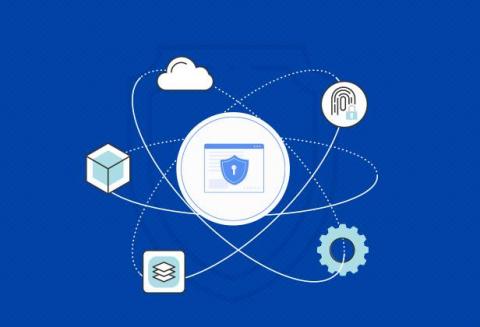How an Oil & Gas conglomerate automated their IT service delivery
Our client is one of the biggest oil and gas conglomerates in India, contributing to around 75% of Indian domestic production. They have been in business for over 60 years, currently employing around 30,000 people. With decades of growth, they have entered into different ancillary companies and expanded globally. The expansion has led to several offices, branches, desks, and teams spread across geographies.





